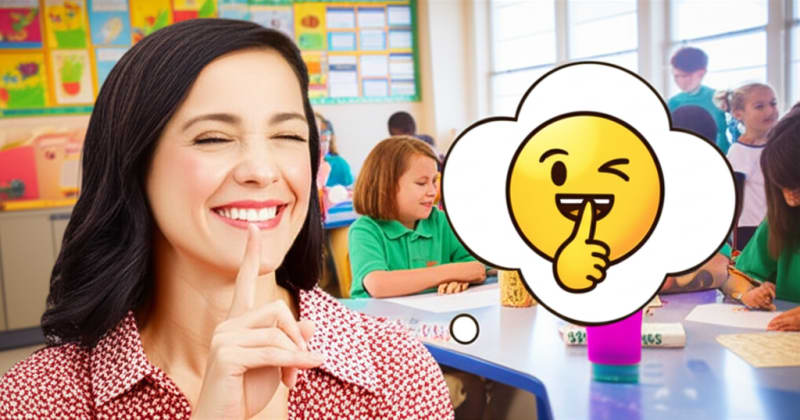Classroom Confidential: A Teacher Reveals Shocking Secrets About Phones, Grades & Faves!
Ever wondered what *really* goes on behind the staff room door? Or if your teachers secretly play favorites? A veteran math teacher just spilled the beans on everything from why grades matter less than you think to the surprising truth about cell phones in school. Prepare for a candid, eye-opening look at modern education that might just change how you see your school!
Written by
pokelistic news



